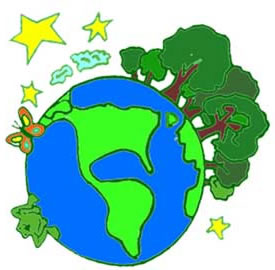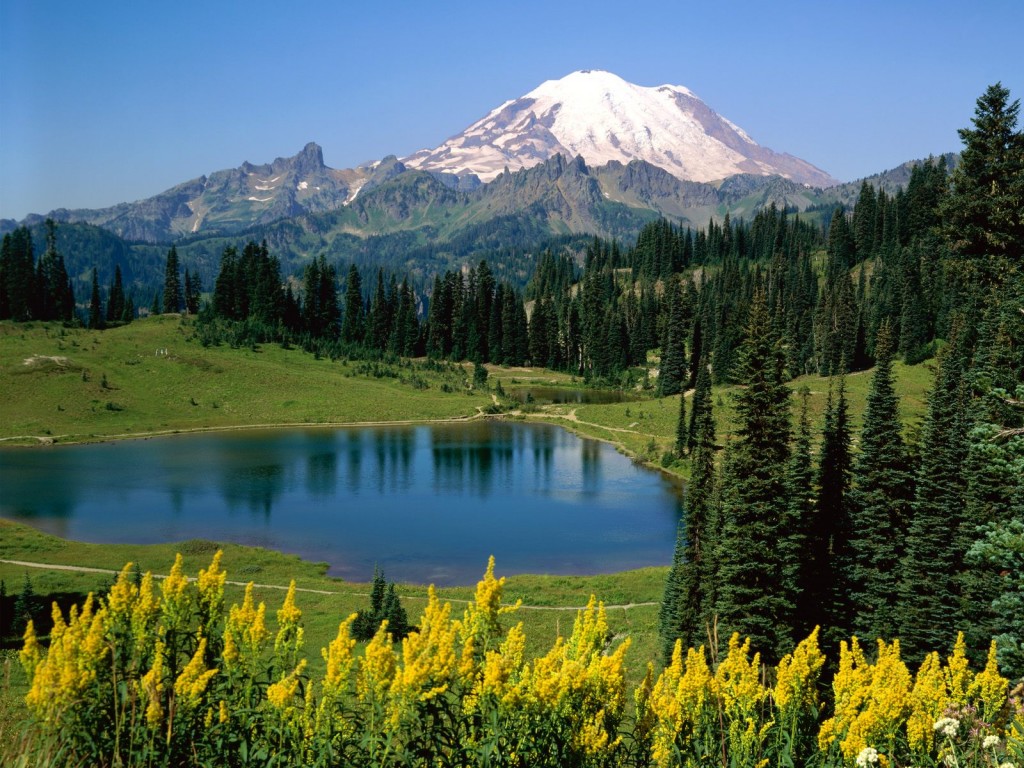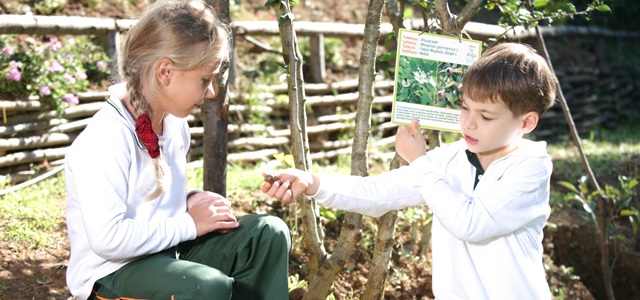ECOLOGY FOR KIDS
- Ayrıntılar
- Kategori: Ecology News
 The Kids Ecology Corps is Kid Power!
The Kids Ecology Corps is Kid Power!
You Can Change the World!
Do you know that you can change the world? The Kids Ecology Corps is about your using what we call Kid Power to make change.
If you want to make changes, you have to make a commitment. Making a commitment means sticking to something until it is done. It also means that you have made a decision. If you make good decisions, the changes you make will be good changes.
If you want to change something that is too big for you to change by yourself, you have to work with other people.
What happens if you and your friends and a lot of other people believe the same thing? What happens when everyone who believes the same thing works together? They become what is called a critical mass. They can put lots of energy into making a change. When they make a commitment to work together, they can make big changes. Sometimes the changes are so big that the whole world changes.
We call the whole world the global community. The global community is you, your family and friends, your community, your state, the United States, and all the people and nations of the earth.
When the United States Congress makes a law about the environment, other people around the world pay attention. Sometimes, the laws in the United States change the way other countries do things.






 Cities are the rich nodes of civilization, the centers of every nation's culture, its commerce, arts, and sciences, which explains why so much attention is focused on their forms, their structures, and their internal functions. Much less attention has been paid to outer ties, relating the city ecologically to its larger geographic setting: the primary focus of this article.
Cities are the rich nodes of civilization, the centers of every nation's culture, its commerce, arts, and sciences, which explains why so much attention is focused on their forms, their structures, and their internal functions. Much less attention has been paid to outer ties, relating the city ecologically to its larger geographic setting: the primary focus of this article.




